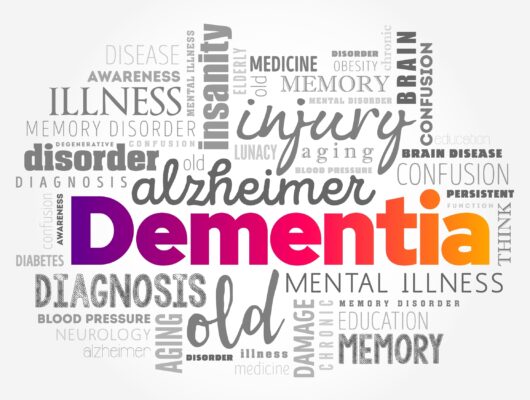

Are You as Tired as We Are?!
The old concept that you can’t catch up on lost sleep is a dismaying one, particularly if you’re already a few months – or years! – behind. Fortunately, time and attention can help reverse the course and side effects of sleep deprivation. Which is a good thing because sleep deprivation can lead to chronic weight issues, fatigue, brain fog, chronic pain, trouble fighting off illnesses, depression, anxiety and more. Not to mention dark circles and crabbiness.
Meg Whitbeck, MS, RDN, RVNA’s nutrition educator and registered dietitian has two young sons, ages 4 and 7, and – like many of us – has had her share of sleepless nights. Our question to Meg: Can we eat our way to better sleep?
“Yes!” says Whitbeck. “Of course, diet alone won’t get you on a regular cycle of seven to nine hours of sleep per night, which is what you need to do to get your circadian rhythms back on track,” she adds, “but there are definitely dietary dos and don’ts that will help you along the way.”
Here are a few suggestions:
- Eat Well: There’s no way around it. Nutritious meals rich in fruits, veggies, whole grains and lean protein support good sleep. Feed your body what it needs and it will respond in kind.
- Timing: Digestion takes a back seat when we sleep, so be sure to give yourself at least two hours from your last main meal before hitting the hay. Going to bed with a full stomach can lead to acid reflux (heartburn) and subsequent tossing and turning.
- Relax with a warm drink: Sipping on a beverage like herbal tea helps us relax and tames tension, which encourages a peaceful rest. Our body can fall asleep more readily when we are warm and cozy. Wouldn’t you agree?
- Avoid Caffeine and Alcohol: Both disturb sleep cycles, so skip alcohol and late-day caffeine if you need a good night’s sleep. If a cocktail or glass of wine is on the agenda for your nightly social activities, abstain from alcohol for 2 hours before going to sleep to allow your body to process out some of that ethanol.
- Sweet Dreams, just not sweet desserts: If we have sweets before bed, we can literally jolt ourselves awake with a sugar rush, compromising our ability to fall and stay asleep. Avoid sweets in the evening and you will notice that your sleep quality improves.
- Try a Supplement: Several supplements available on the market offer improved quality sleep. The top two are L-theanine, an amino acid, and the hormone melatonin. L-theanine, when taken in doses of about 200mg, provides a calming effect to most users. L-theanine is often suggested to reduce anxiety and promote more restful sleep. Melatonin is a hormone that our bodies make. It helps to regulate our circadian rhythms and help our bodies differentiate between day and night. It is by far and wide the most popular “sleep” supplement available. Melatonin can also be found in many foods, with grains, legumes, nuts, seeds and mushrooms topping the list. The thing is, there is no way to be sure that the melatonin that we take via supplement or are exposed to in our food actually gets absorbed into our bodies. The only way to know if it helps you? Try it. Please note that melatonin interacts with several medications, including blood pressure medications – so check with your doctor before you start taking it!





